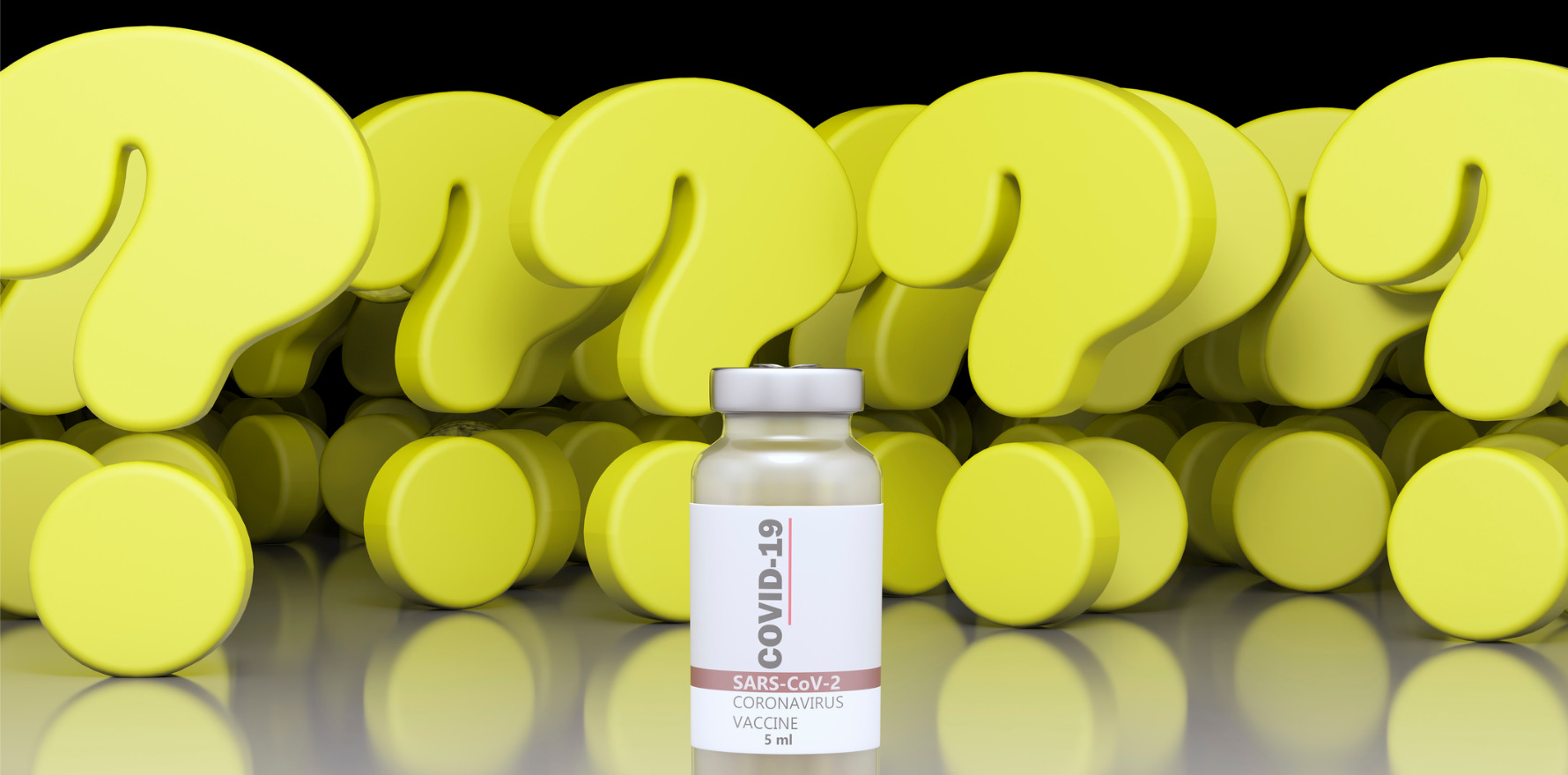New data is revealing the effect of DMARDs on covid vaccination.
Around one-third of patients with rheumatic disease taking methotrexate don’t have a robust antibody response to the covid vaccine, compared with under 10% of people not on methotrexate, a small study has suggested.
The study, which was published in the Annals of Rheumatic Diseases on 25 May, tracked 82 patients in New York and Germany with psoriasis, psoriatic arthritis and rheumatoid arthritis who received Pfizer’s mRNA covid vaccine.
Of these, 45 were taking methotrexate for their conditions, the rest were mostly on TNF inhibitors.
The study compared the humoral and cellular immune responses in these patients with a control group of 208 people who did not have rheumatic disease and were not taking methotrexate.
The study found that only 62.2% of patients with rheumatic disease taking methotrexate had an adequate antibody response following covid vaccination, compared with 90% of patients with rheumatic disease not on methotrexate and the healthy control group.
Those on methotrexate also did not demonstrate an increase in CD8+T cell activation after vaccination.
The methotrexate group was much older than the other two groups (63.2 years of age on average compared with 49), so it was possible that age was a confounding factor.
However, the researchers also ran an analysis including only patients aged under 55 and found the effect of methotrexate on covid vaccine response remained significant.
“These results suggest that patients on methotrexate may need alternate vaccination strategies such as additional doses of vaccine, dose modification of methotrexate, or even a temporary discontinuation of this drug,” the authors, led by New York-based rheumatologist Associate Professor Jose Scher, said.
The American College of Rheumatology (ACR) covid vaccination guidelines currently recommend holding methotrexate for one week after each of the two mRNA vaccine doses for those with well controlled disease.
The Australian Rheumatology Association (ARA) guidelines, issued in March, recognise that DMARDs might interfere with vaccine effectiveness but urge patients not to stop taking their treatments “because this can result in a flare of your condition, which puts you at greater risk from covid”.
The Living Guidelines developed by the ANZMUSC (in conjunction with Australian Rheumatology Association) are “less prescriptive”, saying one or two doses of methotrexate can be withheld after covid vaccination if deemed appropriate for the individual patient, said Dr Samuel Whittle, a senior consultant rheumatologist at the Queen Elizabeth Hospital in Adelaide.
“We don’t know that withholding methotrexate improves the immunogenicity of the vaccine. This has been extrapolated from data on the influenza vaccine,” said Dr Whittle.
“And we don’t know whether the greater immunogenicity that is suggested by this trial [in which methotrexate is withheld following vaccination] actually translates to improved protection from covid,” he said.
“And also, we know that if we were to have a blanket recommendation to withhold methotrexate there would be a proportion of people who would have a flare.”
There just isn’t enough data to justify making a call for one approach for all patients, he said. “We’ve elected to make it an individual choice based on patient circumstances.”
Dr Whittle said it was unlikely that the Australian Living Guideline recommendation on covid vaccination would be updated based on this one study, because there were other studies showing different results.
This field is evolving rapidly, with new papers coming out every week. What is really needed in this situation is a living systematic review that updates regularly as the data changes, he said.
Dr Whittle is currently working on a Cochrane living systematic review with authors from Australia and Canada, which will aim to synthesise the emerging data on covid vaccination in patients with rheumatic disease on an ongoing basis.
Speaking at the ARA annual scientific meeting in Sydney on 23 May, Associate Professor Philip Robinson presented a roundup of the latest papers on this topic.
A preprint published in medRxiv on 7 April led by Parakkal Deepak, an assistant professor of medicine at Washington University, showed that patients with chronic inflammatory diseases taking immunosuppressive therapies had impaired covid-induced immunity compared with immunocompetent controls.
Glucocorticoids and B cell depletion therapy were the medications that had the most severe impact on covid vaccine response in this study.
“Essentially, the take home from this is that there are reduced response rates [to covid vaccination] in our patients on our therapies, including TNF inhibitors, JAK inhibitors and B cell depletion therapy and also prednisone,” said Professor Robinson, who is a rheumatologist at the University of Queensland.
Another question that rheumatologists and their patients would like answered is whether covid vaccination can cause a disease flare up.
Professor Robinson’s presentation referred to a US study, published in ACR Open Rheumatology last year, which looked at flares following the zoster recombinant vaccine in patients with rheumatic disease.
The study showed the rate of flares was relatively low (5.7% after the first dose, 2.3% after the second dose and 0.2% after both).
“The takeaway message from this, which is one of the very few bits of systematic data that’s been collected on this point, is that the flare rate is actually quite low after vaccination,” said Professor Robinson.
Speaking with Rheumatology Republic after the event, Professor Robinson also pointed to a small German study published in the Annals of Rheumatic Diseases in March, which found no increased rate of flares in 26 patients with chronic inflammatory diseases following the covid mRNA vaccine, compared with 42 healthy controls.


